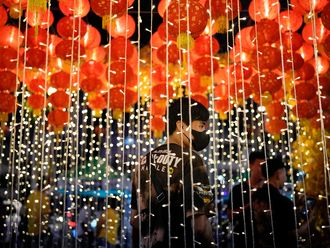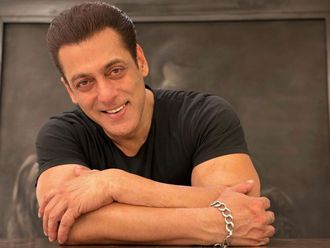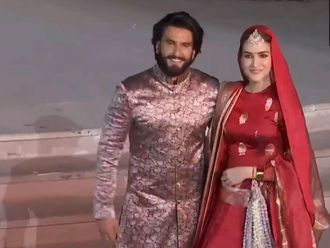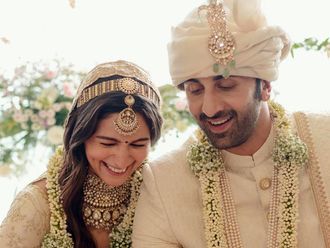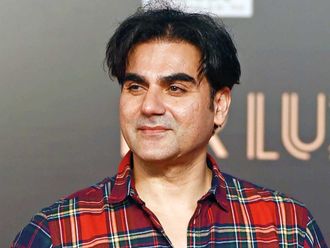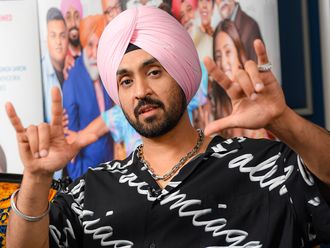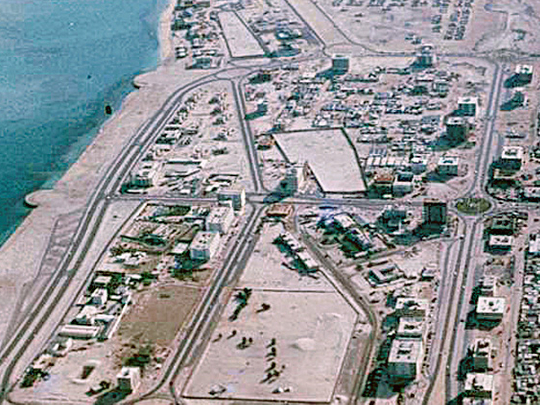
Abu Dhabi: The UAE was still a relatively sleepy country, even after oil was discovered in 1958, with no electricity, telephones, running water, refrigerators and air conditioners available for most of the country's residents.
A lucky few who had access to electrically powered amenities had to power them through very noisy generators that even then, were not very powerful, it was revealed at a seminar recently organised by the National Centre for Documentation and Research, entitled "Memoirs of the Emirates Through Oral Narratives".
"When I arrived 50 years ago, there was no oil money and Abu Dhabi was this tiny pearling village. I had just gotten married [for] 18 months and was a new mother when I followed my husband [Neville Green, who was the manager of The Eastern Bank, now Standard Chartered Bank] to Abu Dhabi," Edna Carr Green, who lived in the capital from 1961 until 1967, said.
"To get there, I had to travel by dhow (traditional Arab boat) from Bahrain and then by plane, which in those days were more like flying trucks…mine was a 10 seater that was shared by me, my two-month old baby boy whose bassinet I had to tuck between me and the back of the pilot's seat, two women, two men with falcons, a goat, our dog and a bag of mail!" she added.
Small luxuries
While for some, recollections of life before the discovery and production of oil conjured up memories of water being brought in large cans on donkeys every day, and in addition to fresh fish caught daily, others recalled a time when small luxuries began appearing in daily life.
Also, for those living in Dubai, a trip to the souk (market) meant that they had to charter an abra (boat), while many household items had to be brought over from Bahrain or the UK.
"I was lucky in that by the time I had arrived, Dubai had begun to build itself up. We had running water, electricity, even a swimming pool and tennis court. Also, many Emiratis would come and visit, bringing gifts such as honey or even plants when they found out that I was trying to create a garden, which was very sweet but if I wanted to go to the souk, I had to use the Political Agency's abra. I remember in addition to several basic items, Emirati women would be there, selling the fish their husbands caught," Lady Margaret Bullard, who lived in Dubai from 1968 -1971 with her husband, Sir Julian Bullard, who was posted in Dubai as political agent.
"One thing that I will never forget was the day when three Emirati falconers stood in my backyard and when I asked our Goan cook what they needed, I was stunned when I was told that they had come on instructions to learn how to roast potatoes!" she added.
As more and more expatriates began moving to the UAE, people started to look for different avenues from dinner parties to casual get-togethers.
In Abu Dhabi, British expatriates decided to create a formal club where they could meet and enjoy various activities. "One of the main means of socialiasation we had in those days were dinner parties that were hosted by different expatriates. We all felt that a proper club should be established so committees were formed to address this and to decide what to call the club, before it was decided to simply call it The Club. Shaikh Zayed generously donated the land to us in 1968," Edna Green, said.
For many, the seminar was the first time that they had returned to the UAE after leaving all those years ago, and they were all astounded by the great leaps the country had taken in the last 39 years since its unification.
"I remember when I was brought out for a visit...I'm a naturally curious person so I asked an Emirati about their home life and was invited to visit their summer home in Al Ain...my driver was a 14-year-old boy in a red Ford and there were times I was worried that we would get stuck but we managed to reach our destination. When we arrived, I was greeted warmly by a veiled woman, who was surrounded by children...I had a wonderful time and I was very happy when they invited me to stay longer," Patricia Morris, who visited Abu Dhabi in the 1970s with her husband, Claud, who was working on an autobiographical book with Shaikh Zayed, said smiling.
"I've since returned several times…the woman is now a grandmother, the boy is now grown and is a father…the city has grown in a way I could never imagine while still retaining most of its traditions and culture…I still sit with the women I met all those years ago, reminiscing and teasing each other," she added, wistfully.





